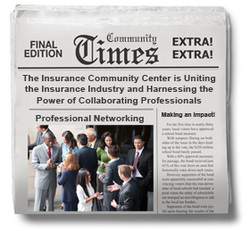|
Car thefts and break-ins are nowhere near as common as they were in the early 1990s or 2000s, but they do still happen sometimes. Having your window smashed or your car stolen isn’t just an inconvenience; it can also be expensive to repair or replace.
So, what can you do to protect your vehicle from a break-in? Read this for eight ways you could protect your car, its parts and your belongings.
0 Comments
Car batteries have varying life spans that depend on where you live, what type of battery you have and more. Get your battery checked out at each oil change, and test it once a year after the three-year mark. It’s also important to know the signs of a dying battery so you don’t end up stuck somewhere with a car that won’t start. Keep reading to understand the factors that can shorten or extend your battery life, as well as what to consider when it’s time for a new battery. What factors affect the life of a car battery?
What are the signs that a battery needs to be replaced? Have your battery tested immediately if you notice:
How to Select a New Battery You should replace your old battery with an identical model. Be sure to look for:
Want to discuss your car insurance policy? Reach out for assistance. It's appealing to buy a new car that looks great and is fun to drive, but it also pays to look beneath the surface for features that make your vehicle safe to drive and affordable to insure.
Car insurance costs are based, in part, on the model's safety history, the cost of vehicle repair or replacement, and the likelihood that the car will be stolen. Many insurers offer discounts for vehicles with features that reduce the risk of accidents and injuries. Here are five tips to consider when shopping for a new car: 1. Find Out the Cost of Insurance Your insurance rates typically change when you acquire a new vehicle. Before you choose a model, the nonprofit Insurance Information Institute recommends that you ask your insurance rep how much it will cost to insure.1 If you choose a sporty model that attracts buyers who enjoy driving fast, it will likely cost more to insure. If the car you pick is very expensive, it will be costly to repair or replace, and that will drive up insurance costs. A model that's often targeted by car thieves may also cost more to insure. 2. Look for Safety Technology One of the best things about buying a new car is all the new devices that have been developed in recent years to help drivers avoid accidents. Advanced safety features can include:
3. Consider Vehicle Design and Size Design characteristics are important when choosing a new car. Larger and heavier vehicles typically sustain less damage in auto crashes than small cars. Some small utility vehicles and pickups are prone to rollover accidents. In addition to considering size, look for cars that have “crashworthy" designs. These cars have strong “safety cages," the section of the vehicle that protects the occupants. Make sure that the front and rear ends are “crush zones" that can absorb the impact of crashes. You can look up car safety rankings by using the Insurance Institute for Highway Safety's online safety rankings tool. 4. Get Pre-Approved for a Car Loan it is recommended that you get pre-approved for a car loan before you begin shopping for a new car. Check with several lenders to get the lowest interest rate. Once you have loan approval, you'll know how much you can afford to spend. You'll also have an interest rate you can use to compare with those offered by the new car dealer's financing. In some cases, the dealer may offer the best financing deal. Before you begin shopping for a loan, gather documents to verify your income and the balances of any debts you may have. 5. Negotiate the Best Price A good negotiator usually can get a better deal than someone who simply agrees to pay what the dealer is asking. Dealers may price their cars higher than the amount they actually expect to receive in preparation for negotiations. If you take time to research prices online before you visit a dealership, you'll have a better idea of what a competitively priced car should cost. Often, the best time to buy is during end-of-the-year sales, when dealers need to make room for newer models, notes the Las Vegas Review-Journal. Negotiate the actual price of the car rather than the monthly payment. Focusing on payments makes it easy to lose sight of the full amount you'll be paying over time, says Autotrader. If you can't get the price you want, don't be afraid to walk away. Remember there's always another car. Unfortunately, car break-ins happen, but you can take steps to minimize your risk and keep your vehicle and belongings safe.
By taking a few minutes to review these tips now, you could avoid the hassle of repairing (or replacing) your car later. Here are 10 smart ways to keep your vehicle safe from theft. Don’t Make a Break-In Easy
Plan Ahead (Even in Your Neighborhood)
Hide What’s Important
What to Do After a Crime If you’re the victim of a vehicle break-in or theft, take photos of the damage, file a police report and reach out for help filing an insurance claim. We can also help you be more proactive. Get in touch to learn about additional coverage for your vehicle or home. We never expect to get in a car accident. And even though accidents are common, they feel like a big deal when they happen to us.
It’s natural to experience shock, anger, fear and other emotions in the moment and after the fact. But, preparing in advance can help make a collision more manageable. If you're ever involved in a car accident, taking these six steps can help you better handle the experience. Step 1: Make sure no one is hurt. Call 911 if you, another driver, any passengers or any bystanders need immediate medical attention. Step 2: Keep everyone safe. The accident scene can be a hazard for other drivers. If the collision is minor, move the vehicles to the side of the road or the nearest parking lot. If the accident is major, carefully exit your car and walk to a safe place. Step 3: Call the police. Ideally, law enforcement will come to the scene quickly and take an official report. However, the local police department may not have the resources to respond to a minor accident, in which case you can file a police report yourself later. Step 4: Gather necessary information. Use your phone's camera or a pen and paper to note the other driver's name, address, phone number and insurance information. Record the other vehicle's license plate, vehicle identification number, make and model. Step 5: Document the accident. Take photos, videos and voice recordings to capture vehicle damage, road conditions and any details you remember about the events leading up to the crash. Step 6: File a claim. Get in touch as soon as possible to get your claim started. We can work to get your car repaired or replaced and minimize the disruption to your life. Reach out if you have questions about your accident coverage or anything else. Maybe you’ve heard that people who drive red cars get pulled over more, so insurers charge them higher rates. Or that if you let someone else drive your car, their policy will cover an accident.
Well, when it comes to auto insurance, you shouldn’t always believe what you hear. Get the facts about common car insurance myths, and reach out to make sure you have the coverage you need. Myth #1: A ticket automatically increases your rate. A moving violation doesn't have to increase your insurance rate unless it's a frequent occurrence. You may be able to take a driving course to maintain your rate and even pay less for your ticket. Myth #2: Car color affects your insurance rate. The truth is that the color of your vehicle most likely doesn’t affect your premiums. However, there are special cases where color can raise the value of your car — like a custom paint job — which could potentially increase your rates. Myth #3: Older cars need less coverage. If you don't have a loan on your car, you may not have to carry comprehensive and collision coverage, only the liability coverage required by the state. But you may not want to drop or lower your optional coverage if your car still has significant value, as it would be pricey to repair or replace. Myth #4: Someone borrowing your vehicle is covered by their own insurance. Laws vary by state, but usually the insurance covers the vehicle. Before you drive someone else's car, verify that it's insured. Don't assume that your own policy will cover an accident. Myth #5: You only need the auto liability insurance that's required by law. It's smart to buy more than the minimum, because personal liability for an at-fault auto accident can be expensive. Adding a personal umbrella policy for additional coverage can be a wise decision, especially when you have assets to protect. Get in touch today with any questions you have about your policy. How clean is your car? If you don’t wash it regularly, you could end up with costly maintenance and safety issues.
You might occasionally run your vehicle through a car wash. But there are benefits to doing the job yourself — including preserving the paint and being able to get into every nook and cranny. Ready to get started? Follow these five tips to wash your car thoroughly and correctly.
More than 40,000 Americans died on the roads in 2016, the most significant increase in deaths over a two-year period in more than 50 years.1 Whether someone you love has been known to text and drive, or you have found yourself distracted behind the wheel, these tips can help avoid dangerous activity on the road.
.
Taking your eyes off the road to search for an item can make you more likely to have an accident. Share these tips to help keep others safe. Your dashboard is filled with icons and alerts that can tell you when your vehicle needs attention. Some of these notifications are more serious than others, but it’s a good idea to know what they all mean.
But your dashboard isn’t the only way to tell if something is wrong. Sometimes you need to rely on your senses, which is why it’s also important to listen to the sounds your vehicle makes. Have you noticed any clunking, grinding or high-pitched squealing lately? Here’s what some of these odd noises might mean.
Ask Your Mechanic These warning noises may help you diagnose the problem, but this list is by no means comprehensive. If you hear something unusual, always ask a trusted mechanic as soon as possible. Ignoring a strange sound can mean more expensive repairs down the road. Have questions about your coverage? Reach out anytime. More than 40,000 Americans died on the roads in 2016, the most significant increase in deaths over a two-year period in more than 50 years.1 Whether someone you love has been known to text and drive, or you have found yourself distracted behind the wheel, these tips can help avoid dangerous activity on the road.
Taking your eyes off the road to search for an item can make you more likely to have an accident. Share these tips to help keep others safe. |
better Insurance
|
-
HOME
- Send me a Home Insurance Quote >
- FLOOD Insurance, Massachusetts >
- Cape Cod Home Insurance
- Pay Your Home Insurance Bill Online
- Ordinance or Law Coverage
- How to Prevent a Claim on your Home Insurance Policy
- Videos - Cape Cod Real Estate Tips >
- Cape Cod Massachusetts Arbella Insurance Discounts
- Cape Cod Massachusetts Lloyds of London Home Insurance
- Safety Insurance Discounts for Cape Cod, Massachusetts
- MPIUA - MA Property Insurance Underwriting Association "Fair Plan"
- Cape Cod Massachusetts Home Protection Insurance
- Hurricane Preparedness >
-
AUTO
- Send me an Auto Insurance Quote for Cape Cod, Massachusetts
- BOAT Insurance >
- Cape Cod, MA Dept. of Motor Vehicles
- Cape Cod Massachusetts - Report an Auto Insurance Claim
- Auto Insurance Quote - CAR BUYING TIPS : Auto Insurance for Cape Cod, MA
- InControl Driver Training
- Car Insurance for Cape Cod Massachusetts - Arbella Insurance - Send me an Auto Quote >
- Plymouth Rock - Send me an Auto Quote >
- Encompass Insurance Discounts
- Safety Insurance - Send me an Auto Quote >
- Travelers Insurance Discounts
- Progressive Insurance - Send me an Auto Quote
- LIFE
- OFFICES
- ABOUT US
- Stay Home
- Home Insurance Explained
- Agent Login
- Privacy Policy
- Videos - Cape Cod Real Estate Investing, Taxes & Insurance
- Videos - Cape Cod Coastal Real Estate
- Português
Arthur D. Calfee Insurance Agency, Inc. is a friendly local insurance agency proudly offering Massachusetts, Cape Cod and the Islands. A-Excellent AM Best rating, A+ Excellent by the BBB
Using innovative thinking, cutting-edge tools and expert resources at national and local levels, we deliver the best possible outcome on every policy we manage. Need Home Insurance? Easy, Fast, & Secure Home Insurance. Get Free Quotes 100% Online Now! Available 24/7. Affordable Rates. Cover Your Biggest Investments. Get a homeowners insurance quote, find coverage options. We'll help you understand and customize the right home insurance coverage for you.
Home is where your heart is—along with a healthy chunk of your net worth. Get started today with a free homeowner's quote.
Compare home insurance quotes today and save on protection for your biggest investment. Build a Custom Policy & Make the Switch! Our local underwriting professionals focus exclusively on finding the best home insurance, homeowner's insurance, hazard insurance, investment property insurance, flood insurance, flood zone information, vacation home insurance, second home insurance, auto insurance, collector car insurance, business insurance, general liability insurance, property insurance, professional liability insurance, contractor's liability insurance, worker's comp insurance, key man insurance, whole life insurance, term life insurance, group or personal disability, & long-term care insurance policies to patrons in the following Cape Cod, Massachusetts towns, communities and villages: Barnstable, Bourne, Pocasset, Brewster, Buzzards Bay, Centerville, Chatham, Cotuit, Craigville, Dennis, East Dennis, Eastham, Falmouth, East Falmouth, Hatchville, West Falmouth, North Falmouth, Woods Hole, Harwich, Hyannis, Hyannisport, Martha's Vineyard, Nantucket, Marstons Mills, Mashpee, Orleans, Osterville, Provincetown, Sandwich, Sagamore, Sagamore Beach, Truro, Wellfleet, Yarmouth, and Yarmouthport. Real-Time Pricing. Insurance coverage: Wind Damage, Fire Loss, Water Damage. Protect your home and belongings. Low Rates For Your Best Options to Save Money On Great Coverage! Get a quote today. Home insurance helps protect your house and your family.
Using innovative thinking, cutting-edge tools and expert resources at national and local levels, we deliver the best possible outcome on every policy we manage. Need Home Insurance? Easy, Fast, & Secure Home Insurance. Get Free Quotes 100% Online Now! Available 24/7. Affordable Rates. Cover Your Biggest Investments. Get a homeowners insurance quote, find coverage options. We'll help you understand and customize the right home insurance coverage for you.
Home is where your heart is—along with a healthy chunk of your net worth. Get started today with a free homeowner's quote.
Compare home insurance quotes today and save on protection for your biggest investment. Build a Custom Policy & Make the Switch! Our local underwriting professionals focus exclusively on finding the best home insurance, homeowner's insurance, hazard insurance, investment property insurance, flood insurance, flood zone information, vacation home insurance, second home insurance, auto insurance, collector car insurance, business insurance, general liability insurance, property insurance, professional liability insurance, contractor's liability insurance, worker's comp insurance, key man insurance, whole life insurance, term life insurance, group or personal disability, & long-term care insurance policies to patrons in the following Cape Cod, Massachusetts towns, communities and villages: Barnstable, Bourne, Pocasset, Brewster, Buzzards Bay, Centerville, Chatham, Cotuit, Craigville, Dennis, East Dennis, Eastham, Falmouth, East Falmouth, Hatchville, West Falmouth, North Falmouth, Woods Hole, Harwich, Hyannis, Hyannisport, Martha's Vineyard, Nantucket, Marstons Mills, Mashpee, Orleans, Osterville, Provincetown, Sandwich, Sagamore, Sagamore Beach, Truro, Wellfleet, Yarmouth, and Yarmouthport. Real-Time Pricing. Insurance coverage: Wind Damage, Fire Loss, Water Damage. Protect your home and belongings. Low Rates For Your Best Options to Save Money On Great Coverage! Get a quote today. Home insurance helps protect your house and your family.
Testimonials & Endorsements for the Best Insurance Agent on Cape Cod, MA
PHONE: (800) 479-2601 CUSTOMER SUPPORT & SERVICE
Please note: The above is meant as general information to help you understand the different aspects of insurance. This information is not an insurance policy, does not refer to any specific insurance policy, and does not modify any provisions, limitations, or exclusions expressly stated in any insurance policy. Descriptions of all coverages and other features on this page are necessarily brief; in order to fully understand the coverages and other features of a specific insurance policy, we encourage you to read the applicable policy and/or speak to an insurance representative. Coverages and other features vary between insurers, vary by state, and are not available in all states. Whether an accident or other loss is covered is subject to the terms and conditions of the actual insurance policy or policies involved in the claim. References to average or typical premiums, amounts of losses, deductibles, costs of coverages/repair, etc., are illustrative and may not apply to your situation. We are not responsible for the content of any third-party sites linked from this page.
© 2024 Copyright, Arthur D. Calfee Insurance Agency, Inc.
Calfee Cares.® Privacy Policy
Calfee Cares.® Privacy Policy



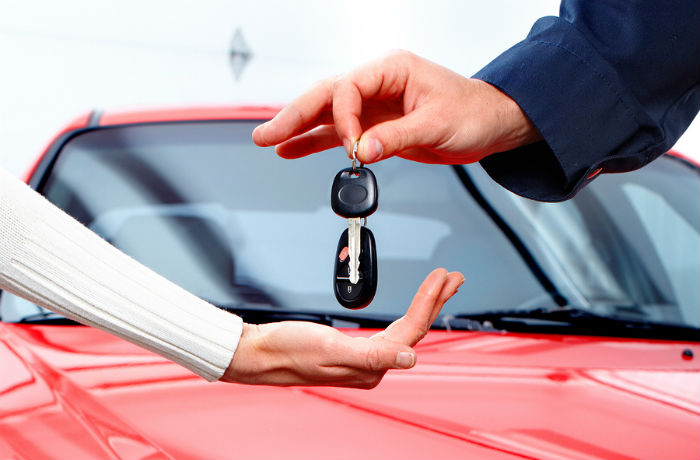

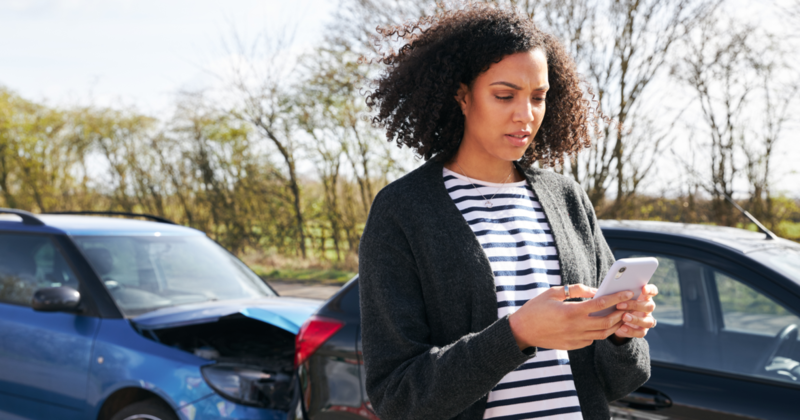
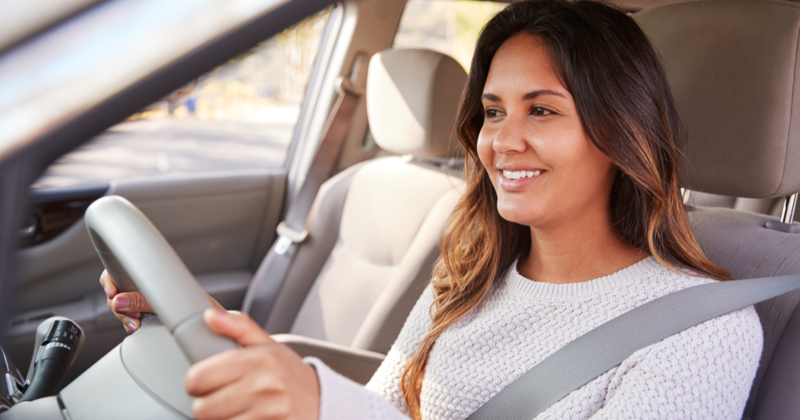

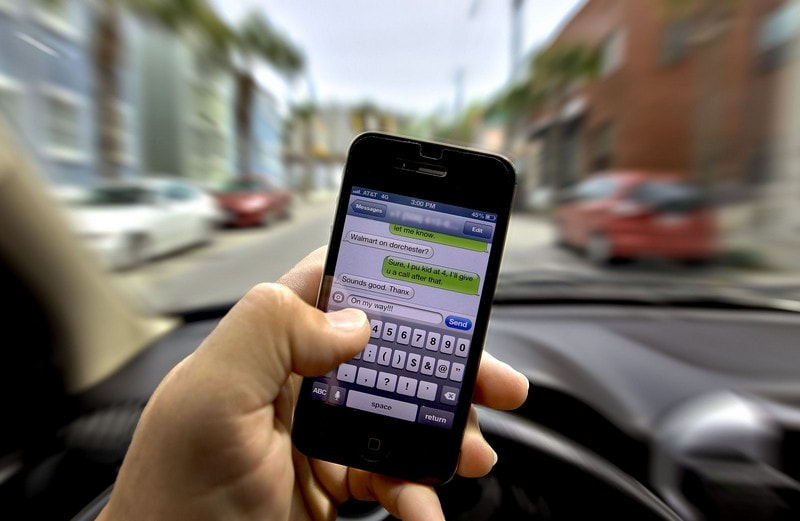

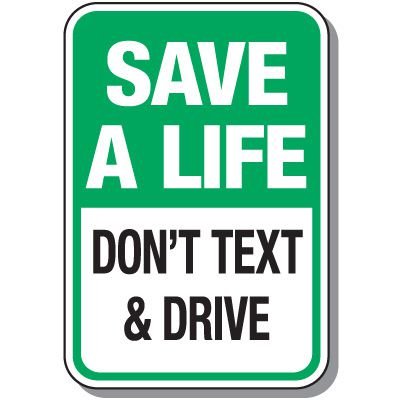

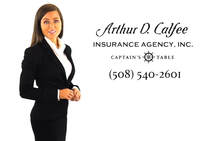



 RSS Feed
RSS Feed








